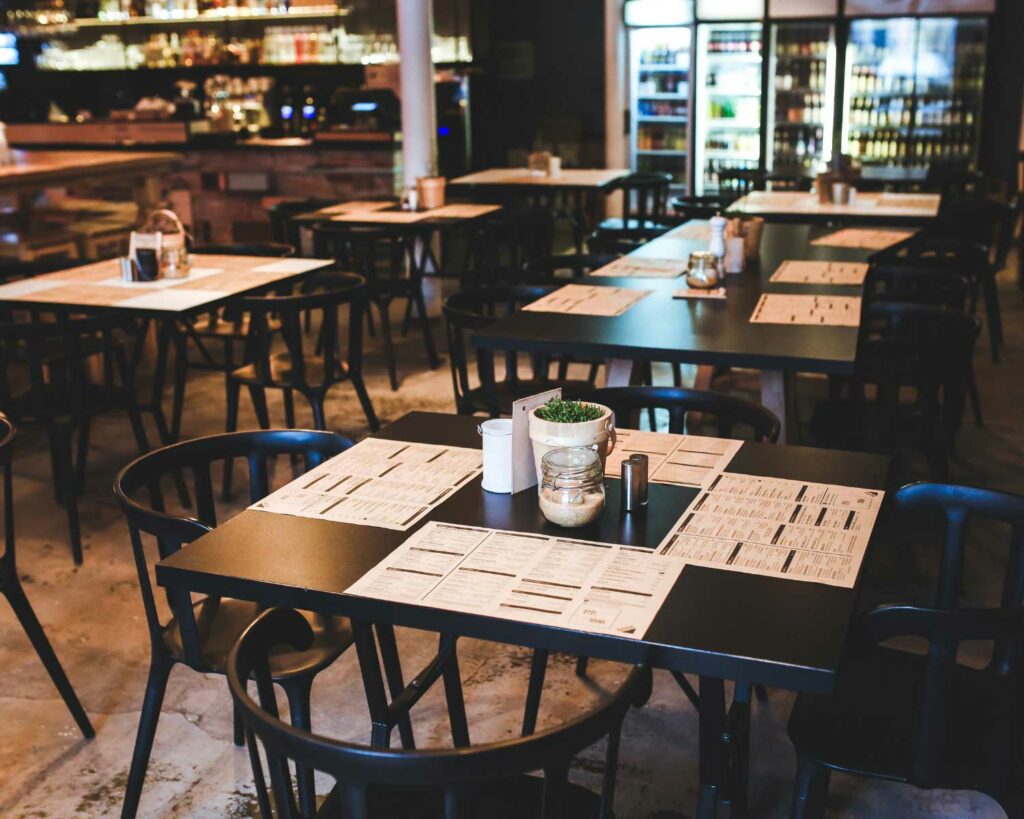Food & Beverage
There are a few sub-categories within this category: 1) Restaurant/QSR, 2) Coffee/Tea/Smoothies/Desserts, and 3) Stores/Catering.
Types of Restaurant Businesses
I’m going to focus most of the information on this page to sit down restaurants, quick service restaurants and coffee shops. I’ll have a separate category for the lower cost/smaller food categories that don’t fit the traditional food concept model as it will skew the numbers. We have everything from pizza, bakeries, seafood, chicken, breakfast, mexican, burgers, asian, and sandwiches.

Initial Investment
The initial investment range of a brick and mortar food business typically starts around $400K at the lowest and can go up to over a million depending on if you need to build out a brand new location or if you can renovate an existing business.
Day In The Life
Your daily involvement will depend on how many locations you have open and if you have a general manager in place or not. If you have a GM then you may not need to be at the store to open and close. A lot of owners will start out being very involved in their restaurant and there many hours until it is established. Once the restaurant is doing well, the franchise owner can take a step back and work on opening another location or work on other aspects of the business like managing KPIs, marketing/advertising their restaurant and local networking. They will also likely be involved in hiring, firing, scheduling, ordering, inventory management, and other tasks needed to run the daily operations.
Ideal Candidate
While it’s not mandatory for you to have restaurant experience, it certainly is encouraged for the more established food franchises. Some of them have more strict requirements than a brand new food franchise. If you’re planning to get an SBA loan to fund your food franchise, having restaurant experience helps your loan to get approved. Otherwise, they are looking for people with great customer service and management skills. You’ll likely have a staff of at least 10 people if not over 20 part-time workers. Having a growth mindset is also a plus because the franchisor will likely want you to open up multiple locations in future years.
Why We Like This Industry
This industry is never going away. People need to eat every day, multiple times a day. If you have a great location, you can do very well with a food franchise. The location does tend to be a big differentiator on the success of the business so working with the franchise to secure a great location will be very important. As people have more dietary restrictions, it allows for newer specialty food franchises to do very well, along with the bigger established brands that people love. There is a lot of competition with this industry and it does cost a lot to start, so doing your due diligence to make sure this will be viable in your market is crucial to the success of your business.
